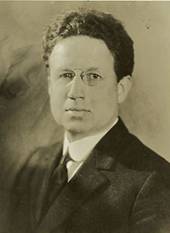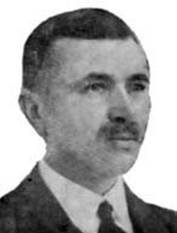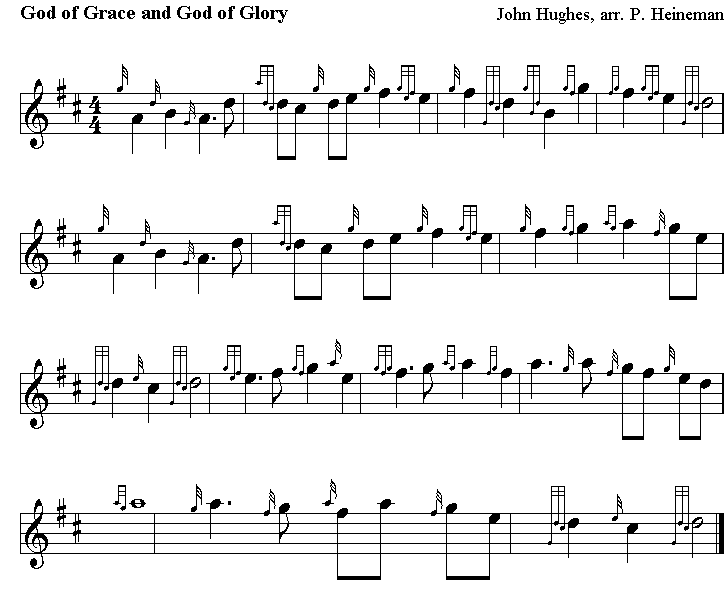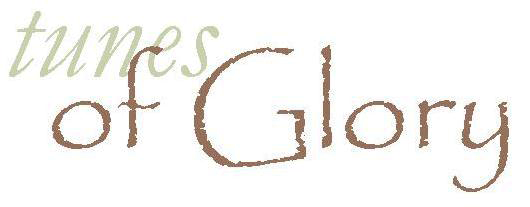
Best viewed in
Internet Explorer
Music (PDF)
Midi
Music (BMW)
Back to

Updated
09/03/2020 |
God of Grace
and God of Glory

Harry Fosdick |
The words to "God of Grace and God of Glory" were written
by Harry Fosdick. Harry Emerson Fosdick (May 24, 1878-October
5, 1969) was an American clergyman. He was born in Buffalo, New
York. He graduated from Colgate University in 1900, and Union
Theological Seminary in 1904. While attending Colgate University
he joined the Delta Upsilon Fraternity. He was ordained a
Baptist minister in 1903. Fosdick was the most prominent liberal
Baptist minister of the early 20th Century. Although a Baptist,
he was Pastor of the First Presbyterian Church on West Twelfth
Street and then at the historic, interdenominational Riverside
Church in New York City.
Fosdick
became a central figure in the conflict between fundamentalist
and liberal forces within American Protestantism in the 1920s
and 1930s. While at First Presbyterian Church, on May 21, 1922,
he delivered his famous sermon “Shall the Fundamentalists Win?”,
in which he defended the modernist position. In that sermon, he
presented the Bible as a record of the unfolding of God’s will,
not as the literal Word of God. He saw the history of
Christianity as one of development, progress, and gradual
change. To the fundamentalists, this was rank apostasy, and the
battle lines were drawn. |

John Hughes |
The General Assembly of the Presbyterian Church, U.S.A. (Northern) in
1923 charged his local presbytery to conduct an investigation of his
views. A commission began an investigation, as required. His defense was
conducted by a lay elder, John Foster Dulles, whose father was a
well-known liberal Presbyterian seminary professor. Fosdick escaped
probable censure at a formal trial by the 1924 General Assembly by
resigning from the pulpit in 1924. He was immediately hired as pastor of
a Baptist church whose most famous member was John D. Rockefeller, Jr.,
who then funded the Riverside Church in Manhattan's Morningside Heights
area overlooking the Hudson River, where Fosdick became pastor as soon
as the doors opened in October 1930.
The melody is Cwm Rhondda, the Welsh name for
the Rhondda Valley, a popular hymn tune written by John Hughes
(1873-1932), in 1907. The hymn has evolved and shortened over time from
an original version, written in 1745, with five verses.
The hymn
describes the experience of God's people in their travel
through the wilderness from the escape from slavery in
Egypt, Exodus 12-14, being guided by a cloud by day and
a fire by night, Exodus 13:17-22 to their final arrival
forty years later in the land of Canaan, Joshua 3.
During this time their needs were supplied by God,
including the daily supply of manna, Exodus 16.
The hymn text
forms an allegory for the journey of a Christian
throughout their life on earth requiring the Redeemer's
guidance and ending at the gates of Heaven (the verge of
Jordan) and end of time (death of death and hell's
destruction).

Lyrics by Harry Fosdick
|
|
God of grace and God of
glory,
On Thy people pour Thy power.
Crown Thine ancient church’s story,
Bring her bud to glorious flower.
Grant us wisdom, grant us courage,
For the facing of this hour,
For the facing of this hour.
Lo!
the hosts of evil ’round us,
Scorn Thy Christ, assail His ways.
From the fears that long have bound us,
Free our hearts to faith and praise.
Grant us wisdom, grant us courage,
For the living of these days,
For the living of these days.
Cure Thy children’s
warring madness,
Bend our pride to Thy control.
Shame our wanton selfish gladness,
Rich in things and poor in soul.
Grant us wisdom, grant us courage,
Lest we miss Thy kingdom’s goal,
Lest we miss Thy kingdom’s goal. |
Set
our feet on lofty places,
Gird our lives that they may be,
Armored with all Christ-like graces,
In the fight to set men free.
Grant us wisdom, grant us courage,
That we fail not man nor Thee,
That we fail not man nor Thee.
Save
us from weak resignation,
To the evils we deplore.
Let the search for Thy salvation,
Be our glory evermore.
Grant us wisdom, grant us courage,
Serving Thee Whom we adore,
Serving Thee Whom we adore. |
|




